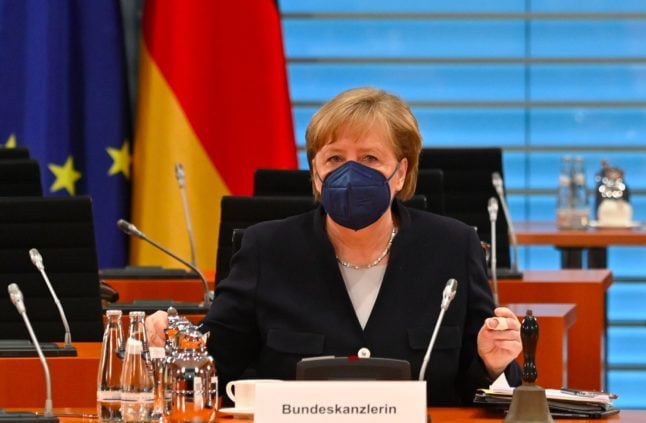Another 3,487 people have been listed as injured as of April 17th, the World Health Organization said, citing data from medical facilities in Yemen, and stressing that the true numbers were probably higher because many people were unable to reach hospitals for treatment.
Last Friday, the WHO had put the toll at 767 deaths and 2,906 injured in the latest round of fighting that began on March 19th.
The WHO toll does not distinguish between civilians and fighters.
The organization also warned that the impoverished Arabian peninsula nation's health services were on the brink of collapse with life-saving medicines and key medical supplies running out.
"Power cuts and fuel shortages also threaten to disrupt the vaccine cold chain, leaving millions of children below the age of five unvaccinated," WHO said in a statement.
"This increases the risk of communicable diseases such as measles, which is prevalent in Yemen, as well as polio, which has been eliminated but is now at risk of reappearing," it added.
WHO said the number of patients able to access health facilities had plummeted since the escalation of hostilities, with a 40 percent drop in the number of daily consultations.
"The major hospitals will soon be completely unable to provide humanitarian and emergency services or to perform operations and provide intensive care to needy patients," it quoted the health ministry as saying.
"According to the ministry, life-saving and health protection programmes will gradually collapse due to lack of medicines for chronic diseases such as kidney dialysis, cardiac and oncology," WHO said.
"Laboratory and blood transfusion services are also at risk."
Yemen, strategically located near key shipping routes and bordering oil-rich Saudi Arabia, was plunged into chaos last year when Iran-backed Huthi Shiite rebels seized the capital Sanaa.
A coalition of Sunni Arab nations led by Saudi Arabia launched air strikes last month against the rebels, vowing to restore the authority of President Abedrabbo Mansour Hadi, who fled to Riyadh as the rebels advanced on his southern refuge of Aden.
On Tuesday, medics in Yemen reported that 38 civilians had been killed and 532 wounded when the coalition struck a missile depot in the Yemeni capital on Monday.



 Please whitelist us to continue reading.
Please whitelist us to continue reading.
Member comments